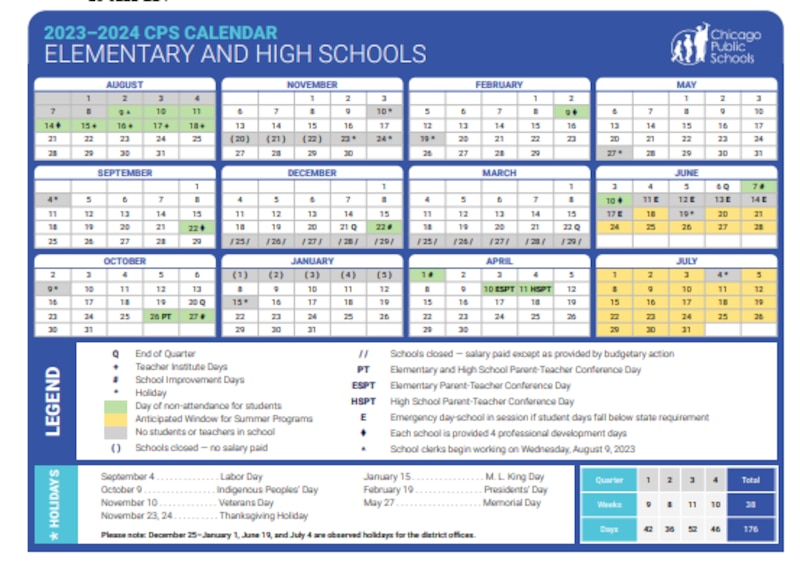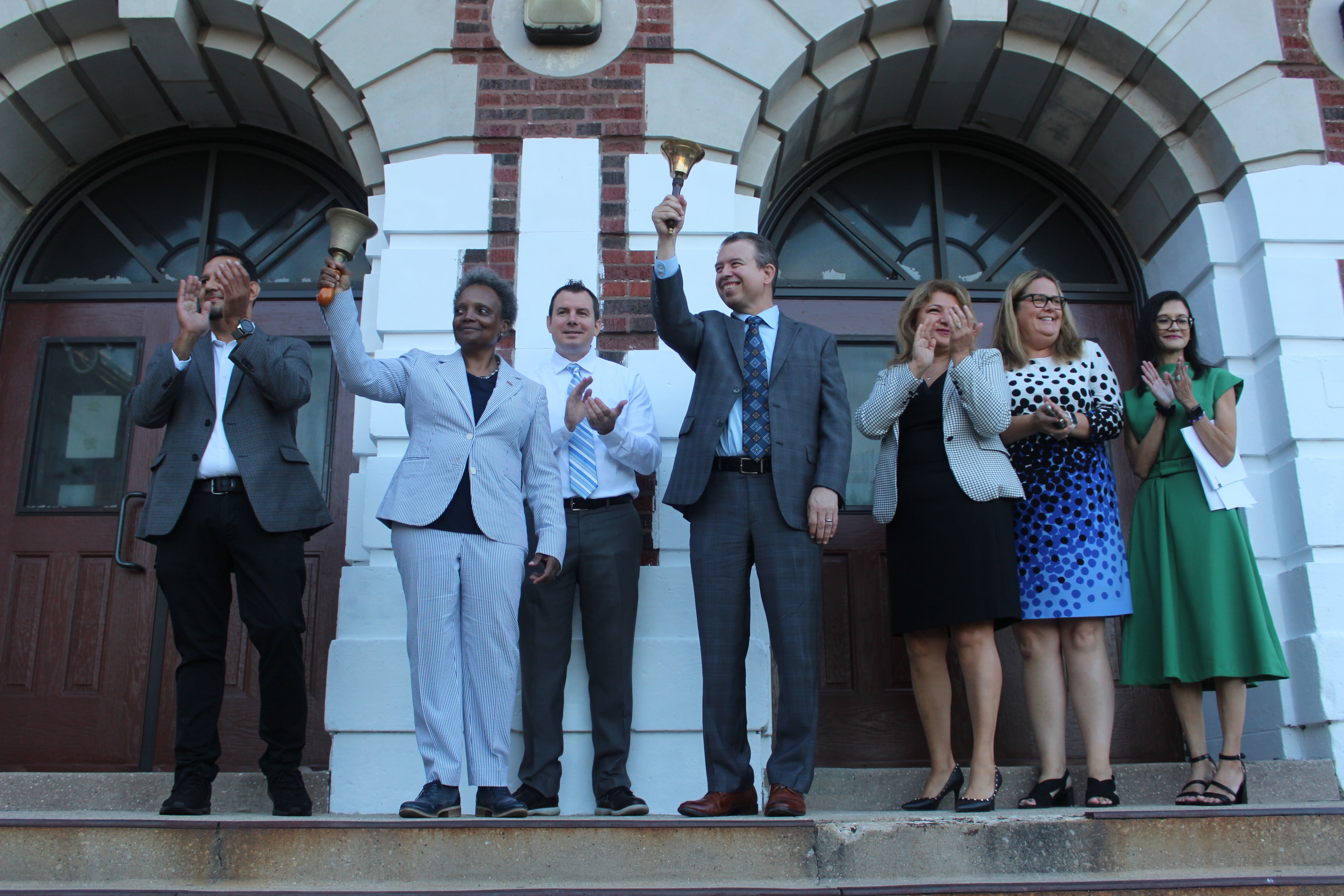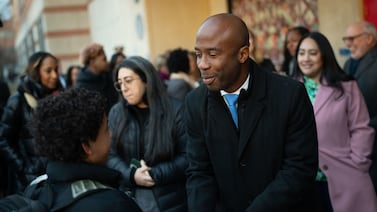Chicago Public Schools will start classes in August next school year, once again aligning its schedule with suburban districts and local colleges and universities.
On Wednesday, the Chicago Board of Education approved the district’s proposed 2023-24 academic calendar. The school year will start on Aug. 21 and end on June 6, one day earlier than the 2022-23 academic calendar.
“We know how important calendars are and how they drive everything for both our staff and families,” said CEO Pedro Martinez. “It’s not easy because you’re trying to please many people.”
A major factor in the calendar was feedback that families and staff wanted consistency, Martinez said.

Chicago Public Schools has traditionally started after Labor Day weekend, but board members last year opted for a new schedule that would align its academic calendar with other suburban districts, local colleges, and universities.
Students will also have a full week off for Thanksgiving, two weeks for winter break, and one week for spring break in March. The approved 2023-24 calendar also includes 10 holidays and 12 professional development days for teachers and staff.
During the Wednesday board meeting, Chicago Public School staff said the overall comments from students, parents, teachers, and staff indicated a desire for consistency with the current calendar.Classes started this year on Aug. 22 — the earliest school opening in recent memory.
The district embarked on formal and informal engagement with principals, the Chicago Teachers Union, parents, and community members early on to come up with the upcoming school year calendar, said Mary Beck, the district’s deputy chief of teaching and learning.
Last fall, the district spoke with principals to understand the impact of the current calendar and necessary changes for the coming year, Beck said.
“Principals indicated that the top two factors to drive the calendar should focus on uninterrupted stretches of instruction and maximizing learning at the beginning of the year,” Beck said.
Last month, district officials solicited feedback from students, parents, teachers, and school leaders. The district received 2,500 comments mostly from parents and teachers, Becky said. Over 1,200 comments gave positive feedback on an earlier start, compared with over 400 that expressed concerns about the start date, Beck said.
Some administrators, parents, and teachers raised concerns that some quarters are longer than others, Beck noted.
“We truly appreciate the ongoing feedback from our families, communities, teachers, and administrators, and some of these concerns shared, we were able to address,” Beck said.
Mauricio Peña is a reporter for Chalkbeat Chicago, covering K-12 schools. Contact Mauricio at mpena@chalkbeat.org.






